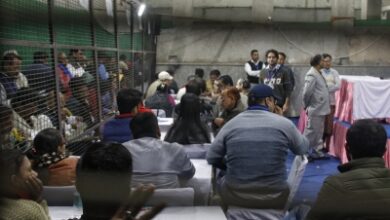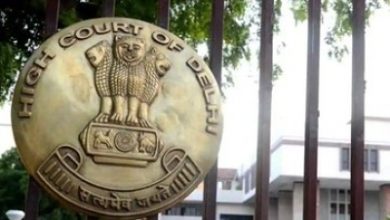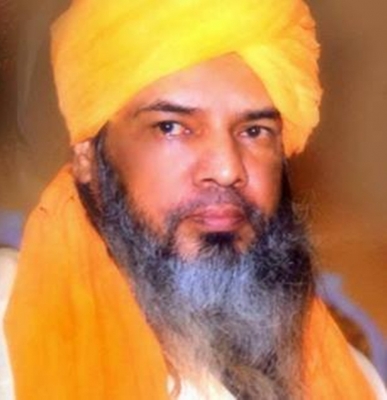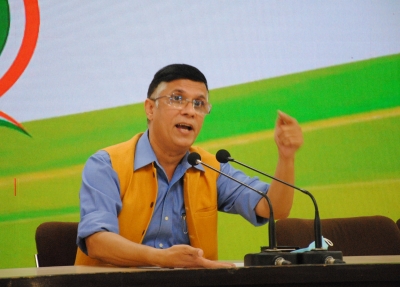Bank Employees Join Nation-wide General Strike On Day Two : AIBEA
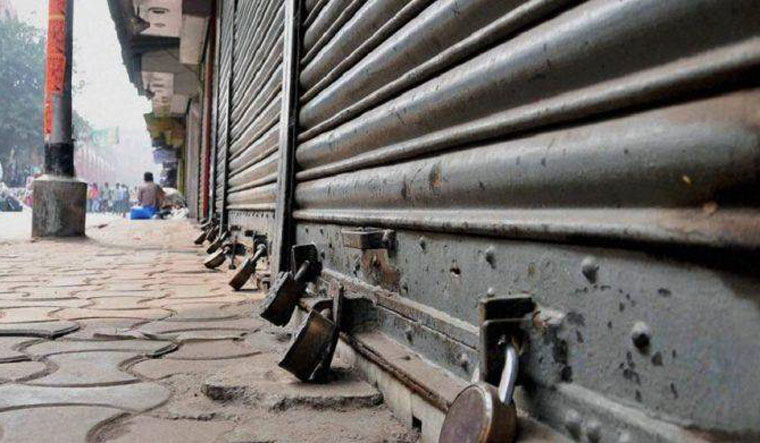
Hyderabad, March 29 : About four lakh bank employees have joined the nation-wide general strike, called by the Joint Platform of Central Trade Unions (CTUs) and various sectoral Independent Trade Unions, on the second day on Tuesday, to protest against the anti-people economic policies and anti-worker labour policies of the Central Government. All India Bank Employees’ Association (AIBEA) has decided to support this call and join the strike to focus on demands in the banking sector. AIBEA General Secretary Ch Venkatachalam in a release said Bank employees of public sector banks, private banks, foreign banks, Regional rural banks and Co-operative banks joined the strike. As per reports, in the Southern Grid functioning in Chennai, during the bank strike on Monday and today, about 6 lakh cheques/instruments worth about Rs. 5000 crore could not be sent for clearance as branches did not function due to strike. At the National level, about 20 lakh cheques worth about Rs. 18,000 crore could not be cleared. Normal banking services were affected due to the strike, he said. Mr Venkatachalam said in the name of pursuing neo-liberal economic policies, the Union Government has been aggressively pursuing policies that will benefit the rich and affect the poor common masses. Huge concessions are given to the Corporates but the masses are being burdened making their lives miserable. Even during the corona pandemic times, the Government has given a lot of concession to the rich and deprived the poor people of their jobs and livelihood. The economy is sliding back but effective measures are not being taken to set right. Disinvestment, privatisation and monetization has become the main plank of their policy under which every public sector is being privatised and handed over to private Corporate hands, the AIBEA General Secretary said. The top union leader said in the Banking sector also, the Government wants reforms like mergers, privatisation, weakening priority sector lending, etc. Banks today have Rs. 162 lakh crore of people’s money as deposits and safety of this huge public savings are the prime need. Mr Venkatachalam said in the past decades we have seen how private banks mismanaged and collapsed and people lost their Deposits. Hence public sector banks should be strengthened in the interest of the people and their savings, he asserted. Same way, today banking services are available in remote areas because Branches have been opened due to nationalization of Banks. If Banks are privatised, rural area branches will be closed down. Already, after merger of Banks, number of Branches have been closed down. Another important issue is that public sector banks extend loans to the priority sectors line agriculture, employment generation, MSME, rural development, women empowerment, education and health, exports, etc. If Banks are privatised, priority sector loans will become the casualty in the name of earning more profits by lending to the corporate business. But Government made the Banking Law Amendments Bill 2016 ready aimed at privatisation of Banks. Privatisation of banks would mean handing over the huge public savings to private hands, he contended.
uni


